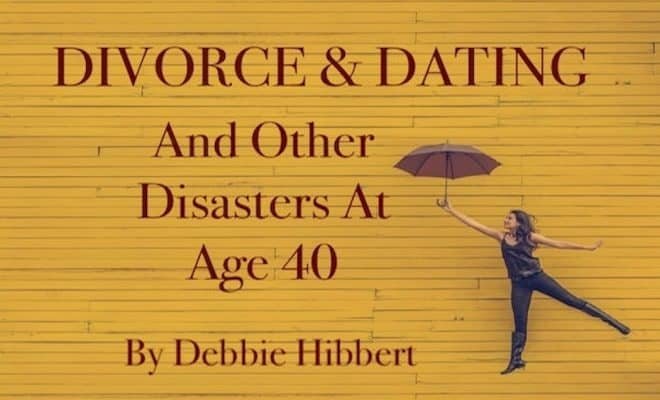What Is Cockygate? Why Should You Care?

There’s a reason why people write. Some do it to relieve stress or organize their thoughts. Others write for their own entertainment or to entertain others. Maybe you’re one of the people who only write when they must. No matter what your motive is, I’m sure that we can agree on one thing – writing isn’t easy.
For those who want to publish their work, it’s even harder. Most would love to see their books lining the shelves of Barnes & Noble and see that royalty check in their mailbox every week. However, that’s not a realistic dream for everyone. If you want to be published traditionally, you usually need a few things: money, time, and an agent. Very few publishing houses accept unsolicited manuscripts because there just isn’t time to read through all of it.
Realistically, most authors choose to go the self-publishing route. This is what I plan to do later this year (keep an eye out for that). There are a few different ways to be a successful self-published author:
- Split your time between writing, formatting, promoting, and engaging with your audience.
- Invest in social media managers and promotion packages to focus on writing.
While it is possible to become a successful self-published author by following these routes, some choose to pull a stunt that puts an entire community of writers at risk without knowing it. Faleena Hopkins, a self-published romance writer, started contacting others in the community to inform them that they were infringing on a trademark many didn’t know existed.
It’s important to establish the distinction between a copyright (what most authors use to protect their work or ‘brand’) and a trademark because of how Hopkins has handled the use of her trademark.
- Trademarks protect words, names, symbols, sounds or colors. Things like this include a business name, slogans, logos, and other things that brand a company.
- Copyrights are meant to protect literary and artistic works, such as books and videos. The holder of a copyright holds the exclusive right to reproduce the original creation.
Multiple sources have reported that Hopkins has sent copyright notices to any author who has titled their romance novel with the word ‘cocky’. Her notice states that she is giving them the chance to retitle and republish their novels or she will pursue legal action against them – if she were to win, they could be forced to forfeit all the money that they’ve made from the series and pay legal fees.
For those who think that retitling a book, perhaps a series, is an easy measure, I’d like to say otherwise. Many self-published authors do their own promotion and merchandising. Some pay for bookmarks, logos, t-shirts, and other merchandise from their own pockets for their readership. It’s an expensive process to redo any merchandising that you’ve already made. That doesn’t include the costs to hire someone to create a new cover and artwork after retitling.
This is a dangerous thing for self-published authors to face, and several have started the retitling process to avoid damages. T.L. Smith and Melissa Jane are among them, retitling their novel Cocky Fiancé to Arrogant Fiancé to avoid litigation. A lawyer, Marc Whipple, has made several comments regarding the legality of what she’s doing.
You (usually) cannot try to claim something as a trademark when someone else was already using it for similar goods, because assuming an association could be formed between those goods and that mark, it has likely already formed in relation to the goods already on the market. And if it hasn’t formed, that is an indication that is is unlikely to form in the first place. In any event, prior use of a trademark almost always preempts attempts by a later user to claim exclusive rights in a mark. ~ Marc Whipple
Why should you care about what’s going on in self-publishing world if you’re not an author, particularly a romance writer? Well, the reason why is because it hurts the people who want to share their stories with the world. It opens up a realm of possibilities for people to abuse the trademark/copyright system. Every genre has words that are particular to it, whether fantasy or romance or mystery. If one person, like Faleena Hopkins, can trademark a common word and threaten to sue romance writers for infringing, what is protecting the rest of us? What is protecting the self-published author that you might know?
In the interest of fairness, Faleena Hopkin’s explanation for her actions can be found here. She does say that her intention is to protect her series after readers complained about buying the wrong book over confusion with their font choices. She also states that threats of legal action only came after an author published a book with the exact title as one of her previous ones (Cocky Cowboy).
If you are one of the romance writers who has already been spoken to by Hopkins, the Romance Writers of America are requesting that any author who has received correspondence from Hopkins or her attorney contact them so that they can file for an intellectual property attorney.










